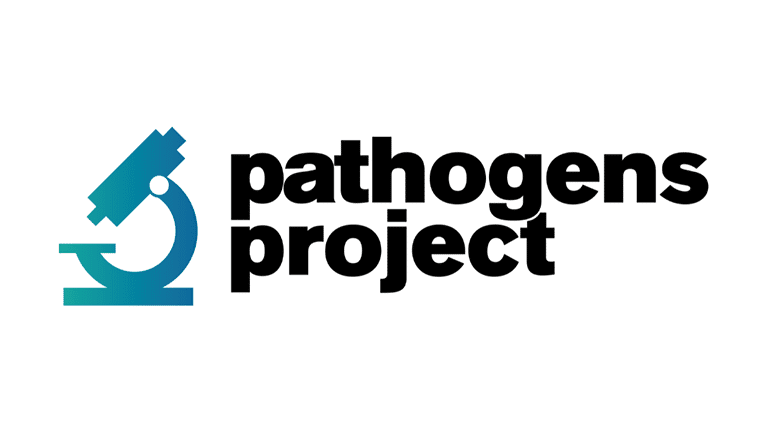A Framework for Tomorrow’s Pathogen Research
Final Report
Chairs
Ravindra Gupta
Ameenah Gurib-Fakim
Shahid Jameel
David Relman
Directors
Jesse Bloom
Filippa Lentzos
February 2024
Findings and recommendations
- When there is potential for harm to large numbers of people as a result of research with pandemic risks (i.e., research with known and enhanced potential pandemic pathogens and pathogens with unknown risk), and especially where it is questionable whether those at risk will benefit from the research, additional oversight, beyond occupational health and safety, is essential, as is a more elaborate risk assessment than is currently performed for research lacking these risks.
- Research with pandemic risks should have high-probability benefits for public health.
- Researchers and their institutions have an obligation to identify whether the risks from research with known and potential pandemic pathogens are proportionate to the potential benefits of the research and whether less-risky forms of research could be equally beneficial. When the potential benefits could be achieved by other less-risky means (e.g. surrogate systems), the research design of choice should be the less-risky one. Regulators, policymakers, publishers, and scientific editors should evaluate in that context the extent to which they can encourage pathogen research to use the safest means suitable, while not encouraging risky experiments for experimentation’s sake.
- For research with pandemic risks in which the stakes are higher and inequities in harm–benefit distribution across stakeholders are greater, researchers and their institutions should not be the only ones conducting harm–benefit assessments; a broader range of stakeholder groups should be consulted in the harm–benefit assessments.
- Research with pandemic risks should proceed only when the research community and relevant oversight bodies can (1) demonstrate that the research would be conducted safely, securely, and responsibly; (2) demonstrate that no alternative and safer research could reach the same public-health ends; and (3) provide adequate assurances of substantial benefits expected in the near term with a plausible plan for equitable global distribution of these benefits.
- Regular reporting to national authorities of significant biorisk management incidents should be required by all institutions conducting research with pandemic risks.
- Funders and governments should increase funding for research that will provide robust empirical evidence about the nature of biosafety and biosecurity challenges and the effectiveness of potential biorisk management strategies for research on known and potential pandemic pathogens.
- Scientific journals and their editors should enforce timely data-sharing and research integrity for the manuscripts they publish.
- Effective legislation, regulations, policies, and guidelines specifically regulating research with pandemic risks will strengthen the scientific enterprise. These formal governance measures should be put in place without delay. Meanwhile, informal governance through professional norms, codes of ethics, standard operating procedures, and other practices associated with self-governance, should be harnessed to provide norm-setting standards and raise awareness of the need for enhanced harm–benefit assessments of research with known and potential pandemic pathogens.
- International and national standards for fieldwork biosafety should be developed and implemented.
- Trust in the scientific method is important for societal acceptance of the fruits of science, and research with known and potential pandemic pathogens requires extra attentiveness to effective communication and trust-building. Science communication and public engagement related to research with pandemic risks should be funded and institutionalized.
Back to Pathogens Project ⇢
